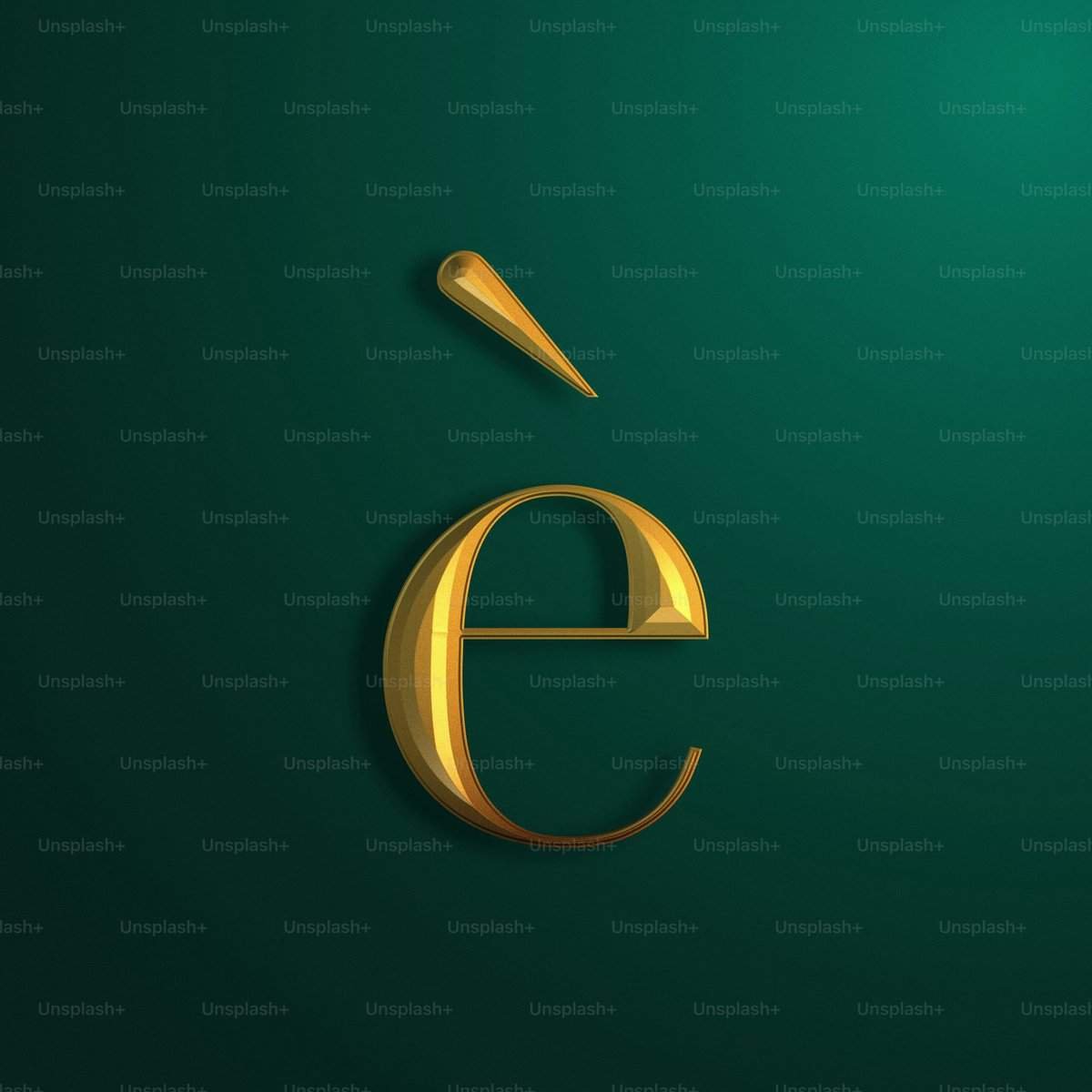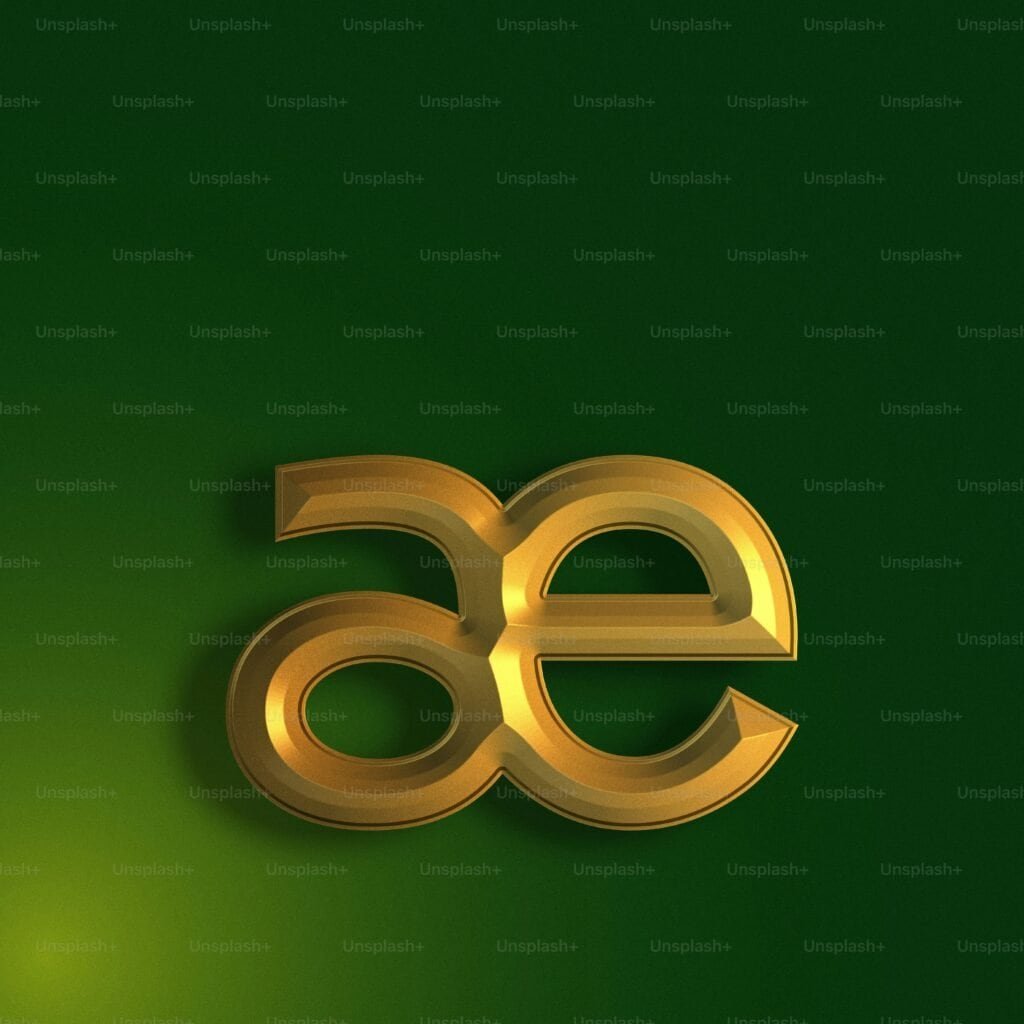Have you ever thought about the intricate process that goes behind the development of educational content? As a freelance curriculum developer, you have the unique opportunity to shape the educational experiences of countless learners. This role involves a blend of creativity, educational expertise, and adaptability to create lessons that resonate with diverse audiences.

Understanding the Role of a Freelance Curriculum Developer
A freelance curriculum developer specializes in designing educational content that can be delivered across various platforms. Unlike traditional teachers or instructional designers, you are responsible for creating the framework that educators use to guide their students. This includes writing lesson plans, developing online content, and ensuring that all materials adhere to educational standards. Your work is crucial in providing engaging learning materials that cater to different learning styles and requirements.
Key Responsibilities
Stepping into the shoes of a freelance curriculum developer involves several core responsibilities. Understanding these can help you decide if this pathway aligns with your career goals:
- Analyze Educational Needs: You need to understand what educational institutions or programs require. This involves assessing existing content and pinpointing gaps.
- Design Curriculums: Based on the identified needs, you create structured educational content using a variety of teaching methods to cater to all types of learners.
- Align with Standards: Ensuring all content meets educational standards and guidelines is paramount. This requires an understanding of curricula requirements in different regions or for different subjects.
- Incorporate Technology: With the rise of digital learning, embedding technology and online resources within the curriculum is increasingly critical.
Skills You Need to Succeed
Being a successful freelance curriculum developer requires a unique set of skills. These skills help you create effective and engaging content that meets both educational standards and the needs of learners.
Educational Expertise
An in-depth understanding of educational theories, instructional strategies, and developmental processes is fundamental. This knowledge assists you in developing content that is pedagogically sound and suitable for the intended audience.
Research and Analytical Skills
To design a curriculum aligned with specific educational needs, you must be adept at research. This includes understanding learning objectives, standards, and the different types of learners. Analytical skills help you assess existing materials and determine what needs improvement or change.
Creativity and Innovation
Crafting engaging educational content requires creativity and innovation. You need the ability to present information in a way that captures learners’ interest, making the material both informative and enjoyable.
Communication and Collaboration
Strong communication skills are essential for collaborating with educators, institutions, and other stakeholders. You should be able to clearly convey ideas and instructions in the curriculum, ensuring everyone involved understands the material and its objectives.
Technology Proficiency
With digital platforms playing a significant role in education nowadays, being tech-savvy is important. Familiarity with e-learning tools, software, and digital resources allows you to create versatile and adaptive curriculums.
Steps to Becoming a Freelance Curriculum Developer
Embarking on a journey as a freelance curriculum developer involves several key steps. Understanding these can help you navigate your path more effectively.
Obtain Relevant Education
While not always necessary, having a background in education or a related field significantly benefits your career. Degrees in education, curriculum and instruction, or instructional design provide the foundational knowledge you need.
Gain Experience in Education
Experience is invaluable. Whether you have taught, assisted in classrooms, or worked alongside seasoned curriculum developers, real-world exposure sharpens your expertise and deepens your understanding of educational dynamics.
Develop a Portfolio
Your portfolio serves as your professional showcase. Include examples of your curriculum work, particularly highlighting diverse and complex projects. This provides potential clients with proof of your capabilities and style.
Network and Market Yourself
Connecting with educational professionals and institutions can expand your job opportunities. Attend workshops, join relevant online forums, and engage in discussions to establish your presence in the community.
Stay Informed and Updated
Education continuously evolves, particularly with digital advancements and pedagogical research. Keeping abreast of these changes ensures your curriculum design stays current and effective.
Challenges and Opportunities
Every profession comes with its unique set of challenges and opportunities. Understanding these dynamics can prepare you for what lies ahead as a freelance curriculum developer.
Challenges
One of the main challenges is staying relevant as educational standards and technology evolve rapidly. Ensuring that your knowledge and skills adapt accordingly requires continuous learning and flexibility. Additionally, balancing client expectations and educational integrity can be difficult, as some clients may have different priorities than adhering strictly to educational standards.
Opportunities
Despite the challenges, there are numerous opportunities. The rise in online learning and digital platforms has increased demand for curriculum developers who can create engaging and comprehensive content. This trend opens doors to international projects, allowing for a broader reach and diversity in your work.

The Impact of a Curriculum Developer
The work you do as a freelance curriculum developer has a significant impact. You’re not just creating lesson plans; you’re influencing how students learn, engage, and perceive the world around them.
Enhancing Learning Experiences
By crafting thoughtful and innovative curriculums, you enhance learning experiences, ensuring they are both effective and enjoyable. Your work can inspire both educators and students by providing fresh perspectives and methodologies.
Supporting Educational Institutions
Education systems often face constraints in terms of time and resources. As a curriculum developer, your role in supporting schools or educational programs with ready-made, high-quality content helps alleviate some of these pressures, allowing educators to focus on teaching rather than content creation.
Promoting Accessibility and Inclusivity
A major part of your role can involve creating inclusive content that caters to all learners, regardless of background or ability. This not only supports diverse student groups but also promotes a more inclusive educational landscape.
Conclusion
Being a freelance curriculum developer for educational content is a rewarding path that combines creativity, educational expertise, and a love for learning. As you embark or continue on this journey, remember that the impact of your work reaches far beyond textbooks and lesson plans. The curriculums you create shape the minds and futures of learners worldwide, making your role critically significant in the field of education. By maintaining a commitment to excellence and adaptability, you’ll be equipped to face the challenges and seize the opportunities this career offers.


